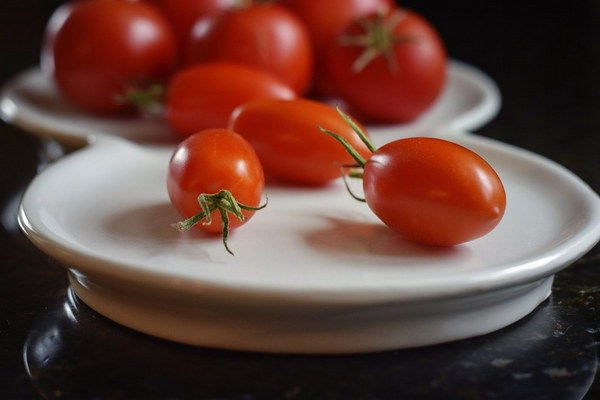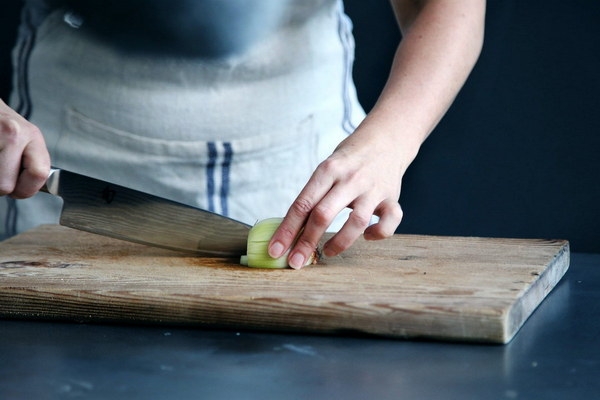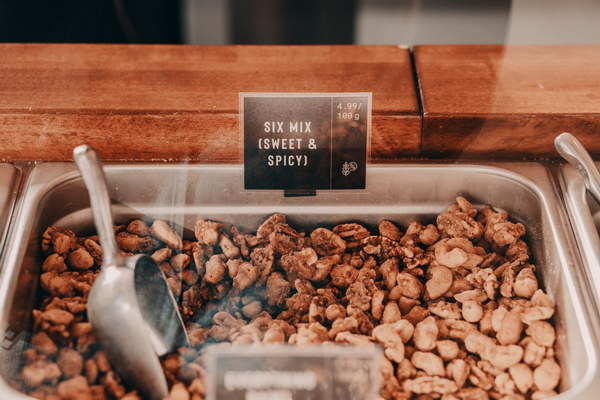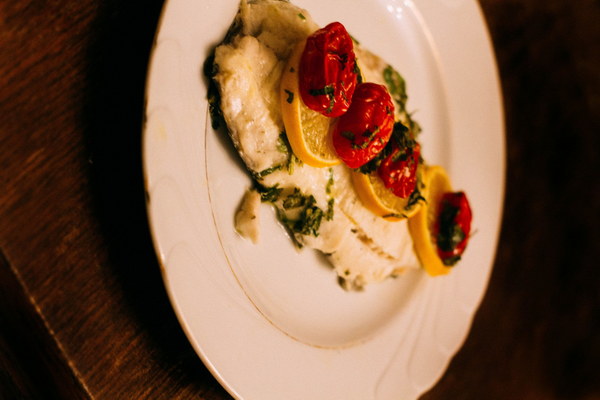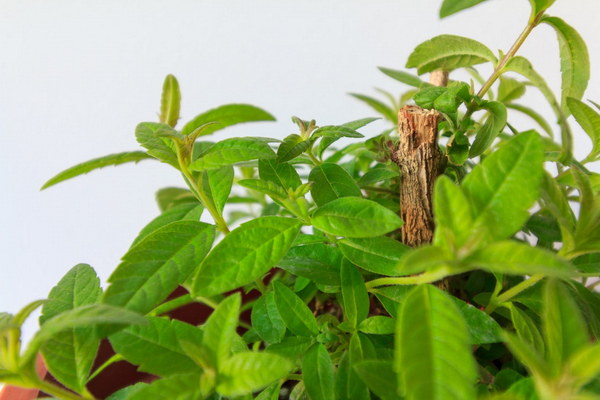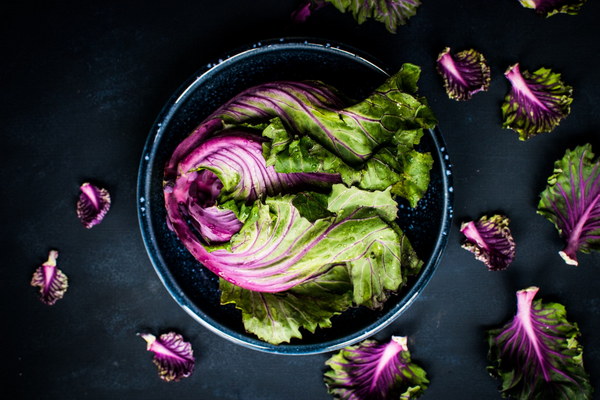Is Winter Tonifying Really Effective Unveiling the Truth Behind the Age-Old Tradition
Winter tonifying, a practice deeply rooted in traditional Chinese medicine, suggests that consuming certain foods and herbs during the coldest months of the year can boost the body's resistance and overall well-being. But is this age-old tradition truly effective, or is it just another folk remedy? In this article, we will delve into the scientific evidence and personal experiences to determine whether winter tonifying is a practice worth embracing.

Firstly, let's understand the concept of winter tonifying. The theory behind this practice is based on the principle of Yin and Yang, which states that the body's internal energy, known as Qi, should be balanced throughout the year to maintain good health. In winter, when the external environment is cold and dry, the body's Yin energy tends to dominate, leading to weakened immune systems, fatigue, and other health issues. To counteract this, winter tonifying involves consuming foods and herbs that are believed to replenish the body's Yin and Qi, thus enhancing resistance and vitality.
One of the most popular winter tonifying foods is ginseng, a root that has been used in traditional Chinese medicine for centuries. It is believed to boost the immune system, improve cognitive function, and increase energy levels. Studies have shown that ginseng contains compounds such as ginsenosides, which may have anti-inflammatory, antioxidant, and immune-boosting properties. However, it is important to note that the quality and dosage of ginseng can significantly affect its effectiveness, and some individuals may experience side effects.
Another commonly used winter tonifying herb is astragalus, known for its immune-boosting and anti-inflammatory properties. Astragalus contains compounds such as saponins, which have been shown to enhance immune response and reduce inflammation. Some studies suggest that astragalus can be beneficial in treating respiratory infections, colds, and flu. However, more research is needed to confirm its efficacy in these areas.
When it comes to foods, winter tonifying emphasizes the consumption of warm and nourishing dishes that can help to balance the body's Yin and Yang. Some popular winter tonifying foods include:
1. Chicken soup: Known as Jewish penicillin, chicken soup is a staple in many cultures for its soothing and healing properties. It is believed to help with respiratory infections, colds, and flu, and is packed with nutrients that support the immune system.
2. Tofu and seaweed: Tofu is rich in protein and isoflavones, which may help to balance hormones and improve overall health. Seaweed, on the other hand, is an excellent source of vitamins, minerals, and antioxidants, which can support the immune system and promote overall well-being.
3. Nuts and seeds: Nuts and seeds, such as walnuts, almonds, and flaxseeds, are high in healthy fats, antioxidants, and vitamins, which can help to boost the immune system and improve energy levels.
While the scientific evidence supporting winter tonifying is still emerging, many individuals have experienced positive outcomes by incorporating these practices into their daily routines. It is essential, however, to approach winter tonifying with a balanced perspective. While certain foods and herbs may have health benefits, it is crucial to consume them in moderation and as part of a healthy, well-rounded diet.
In conclusion, winter tonifying is an ancient practice with a strong foundation in traditional Chinese medicine. While the scientific evidence is still developing, many individuals have experienced benefits from incorporating winter tonifying foods and herbs into their diet. By focusing on balancing the body's Yin and Yang, winter tonifying can help to enhance the immune system, improve energy levels, and promote overall well-being. So, is winter tonifying really effective? The answer may lie in personal experience and the pursuit of a healthier lifestyle.
